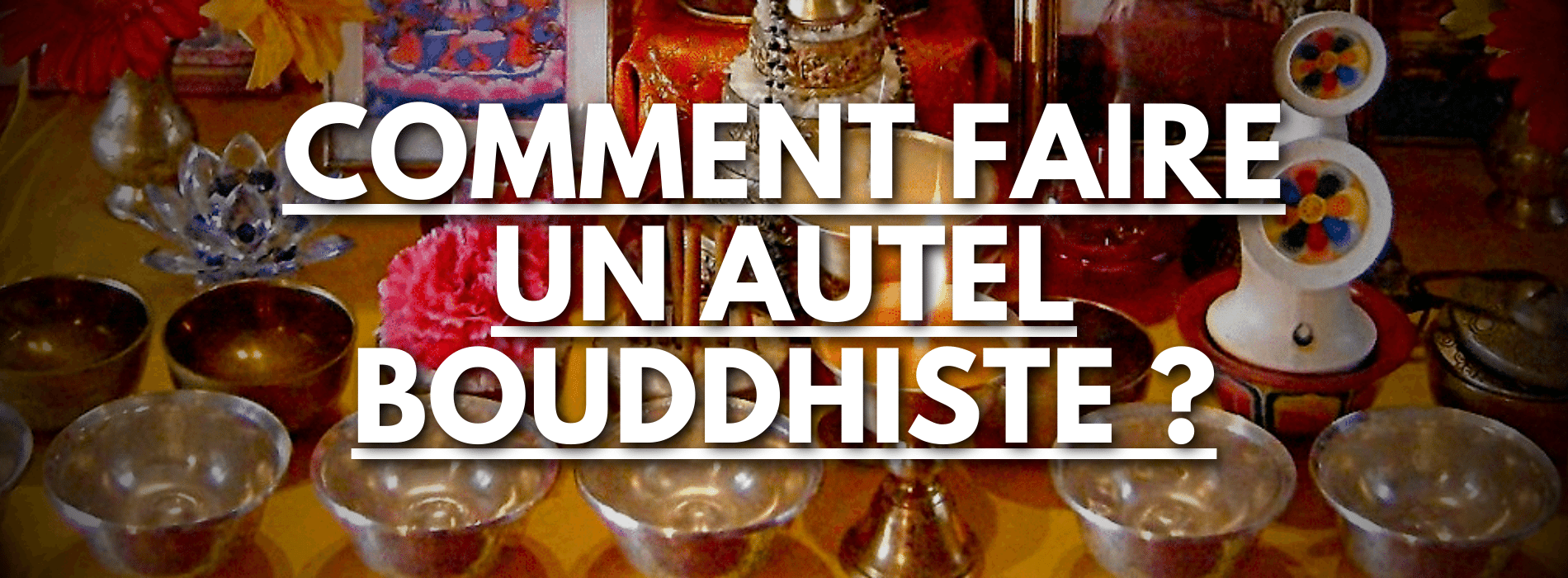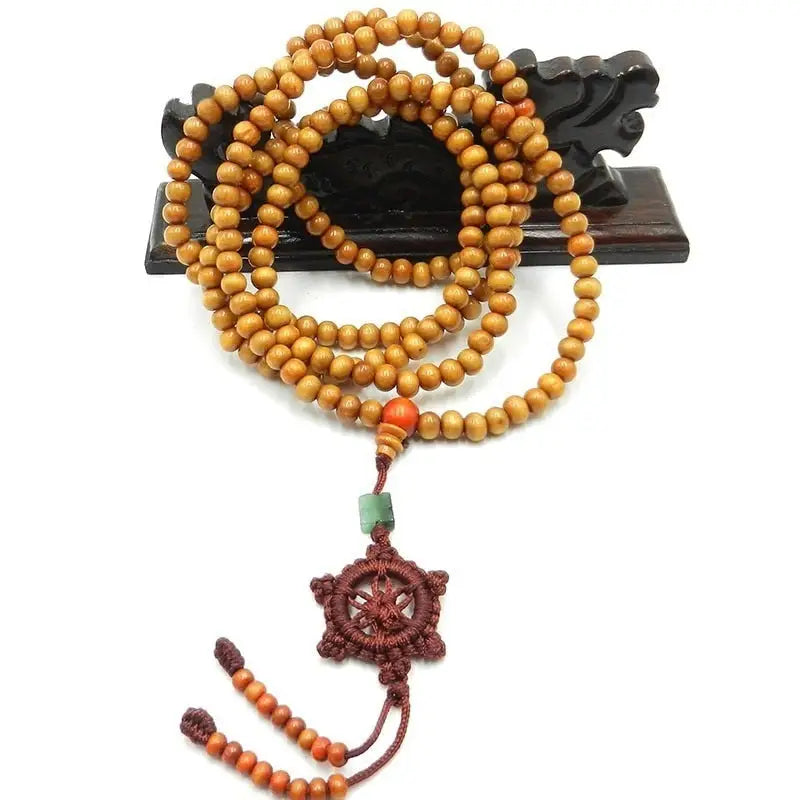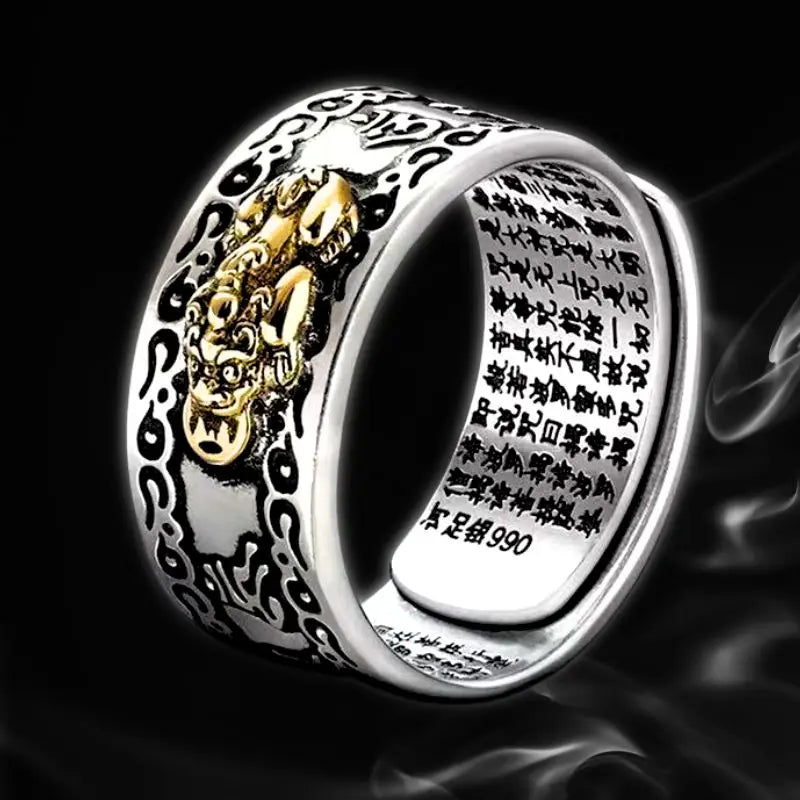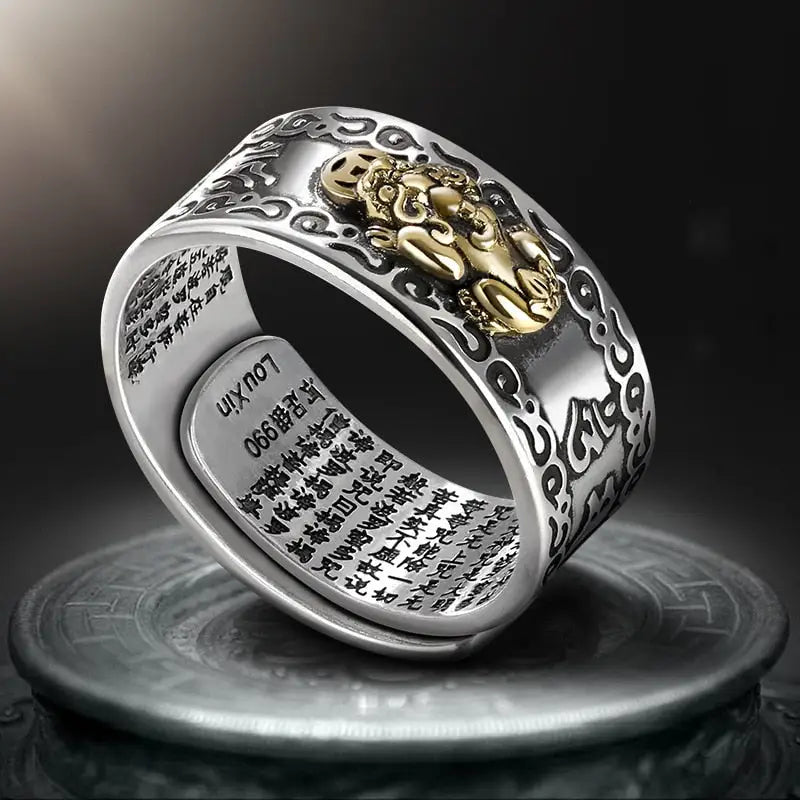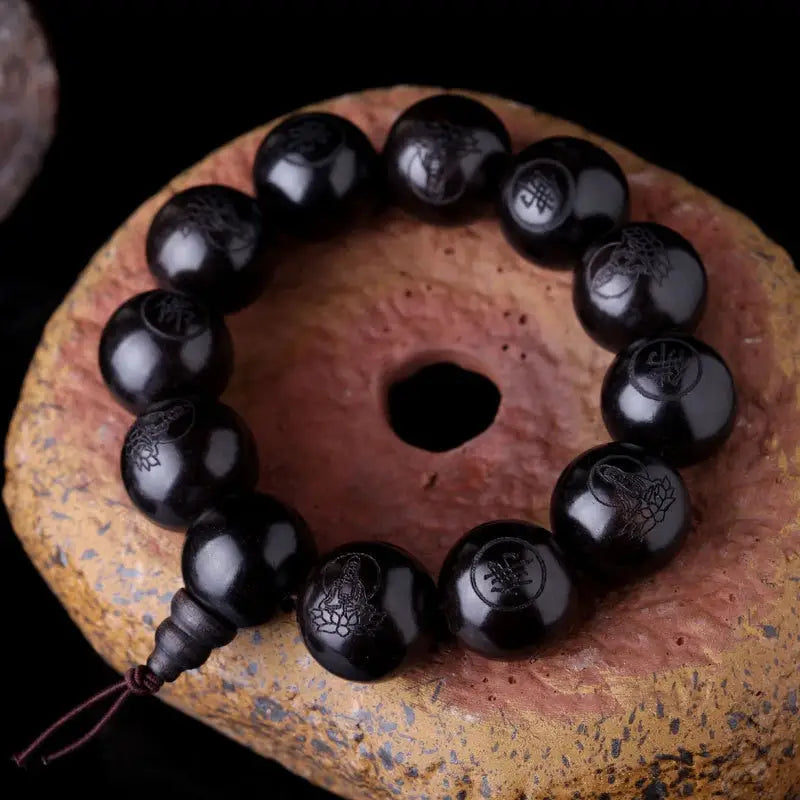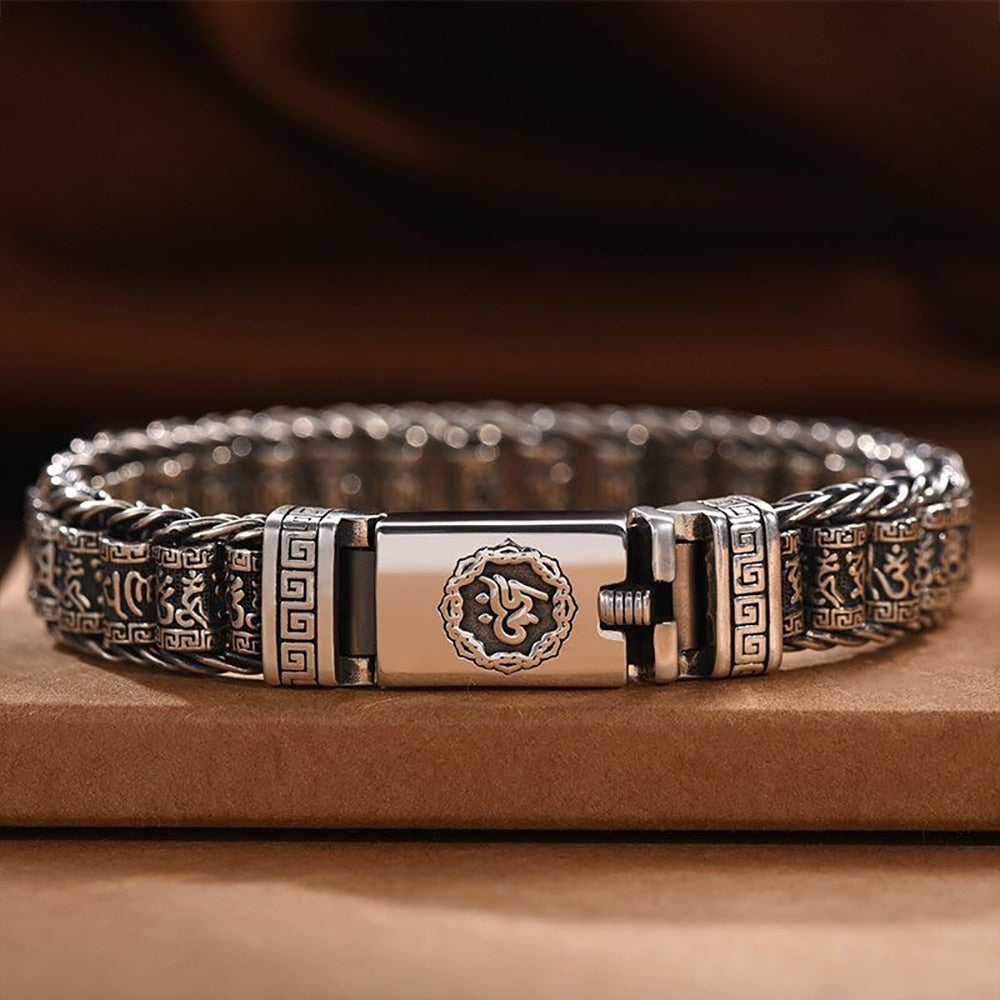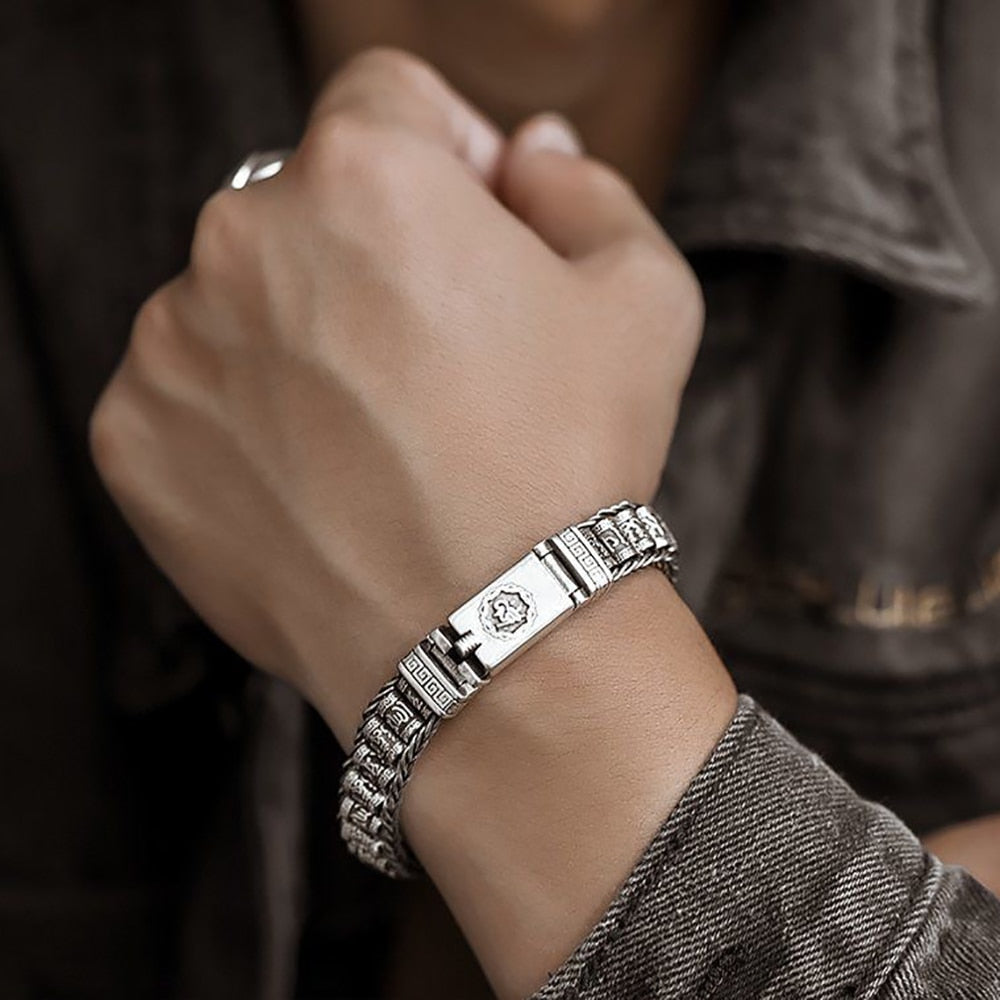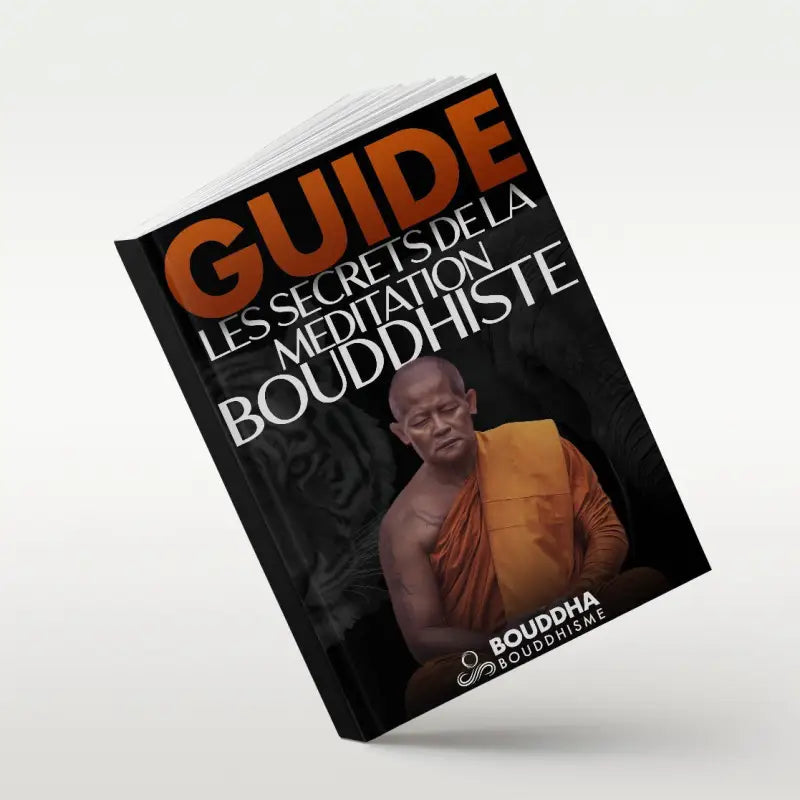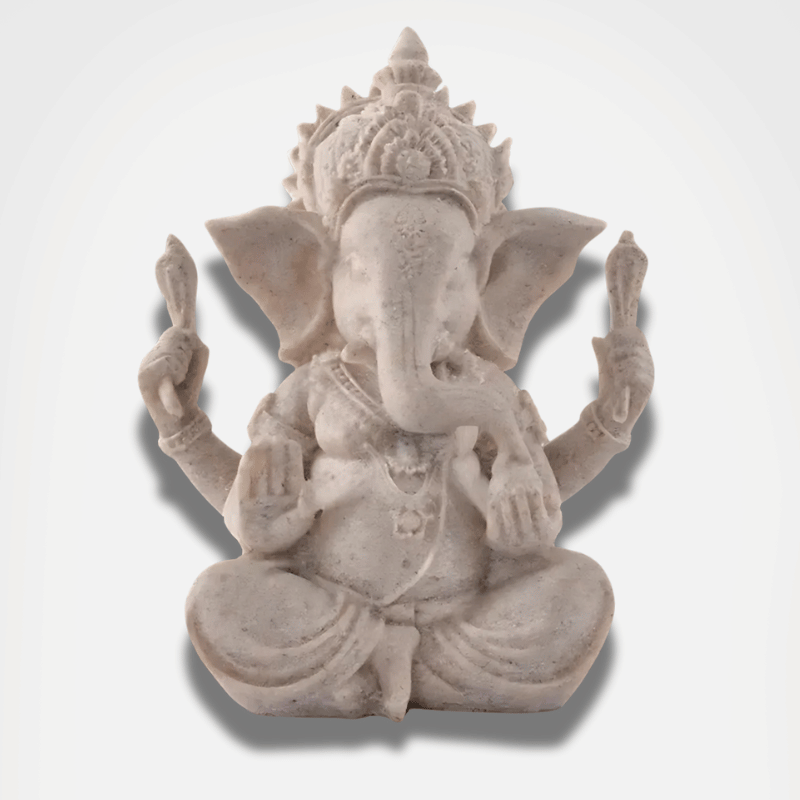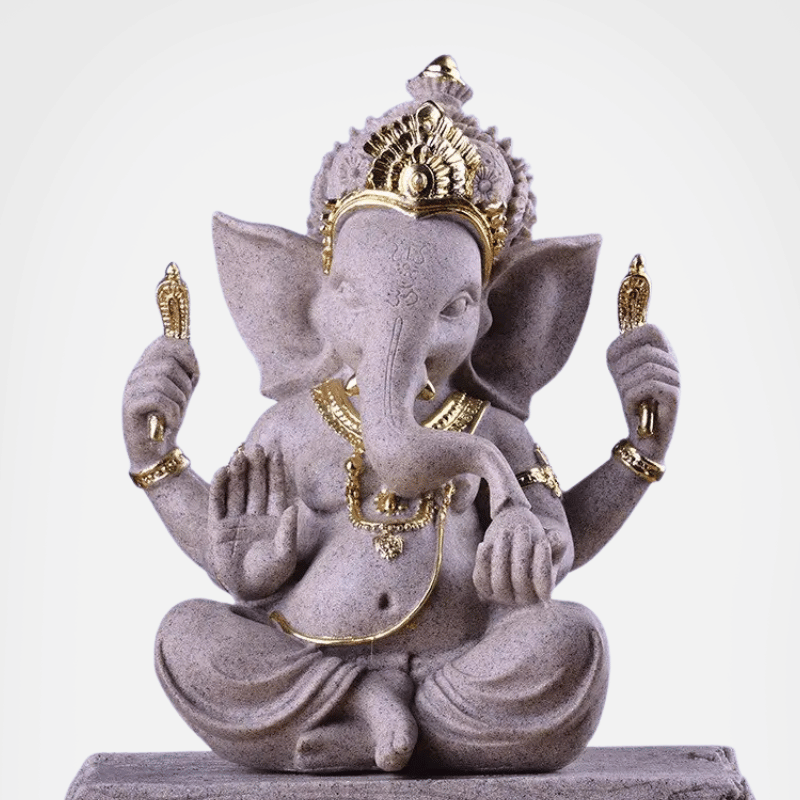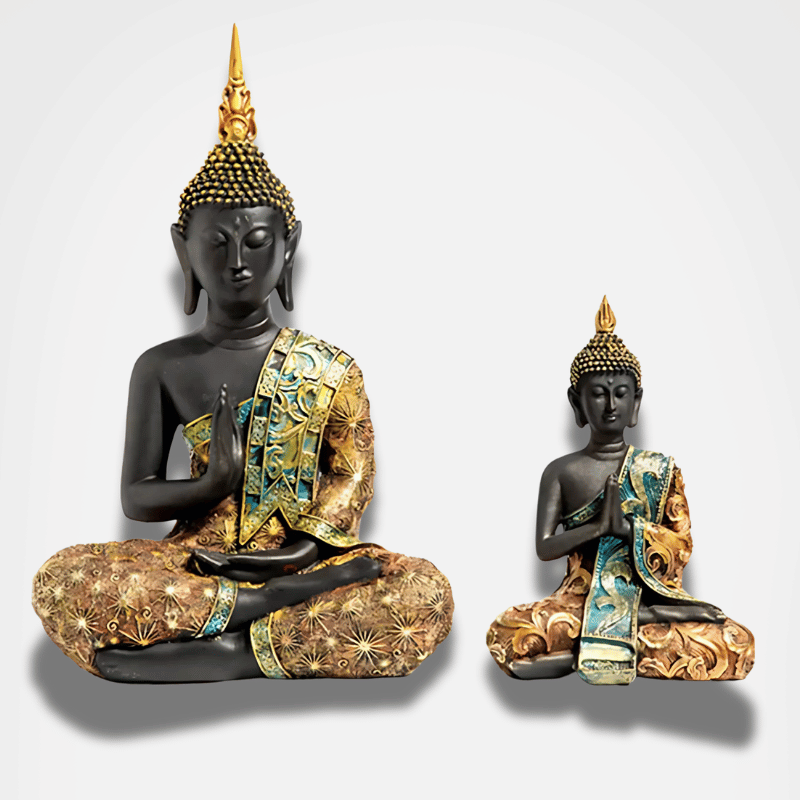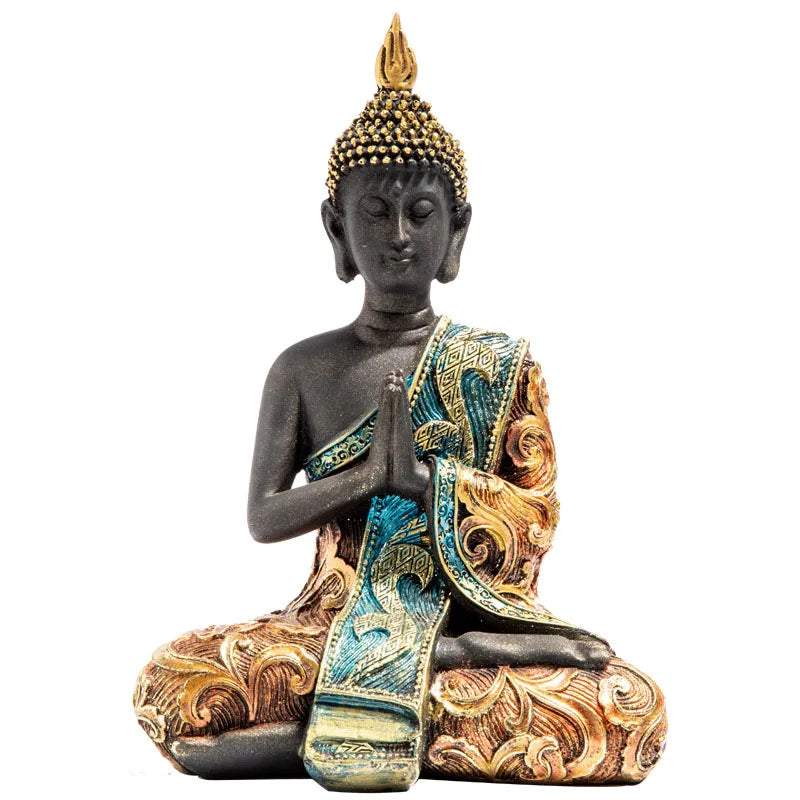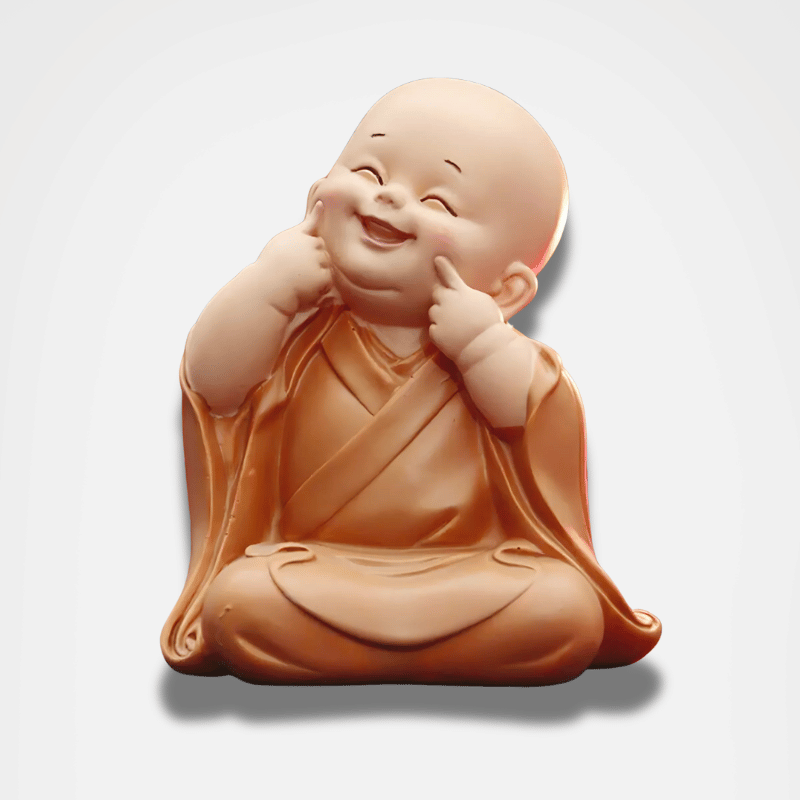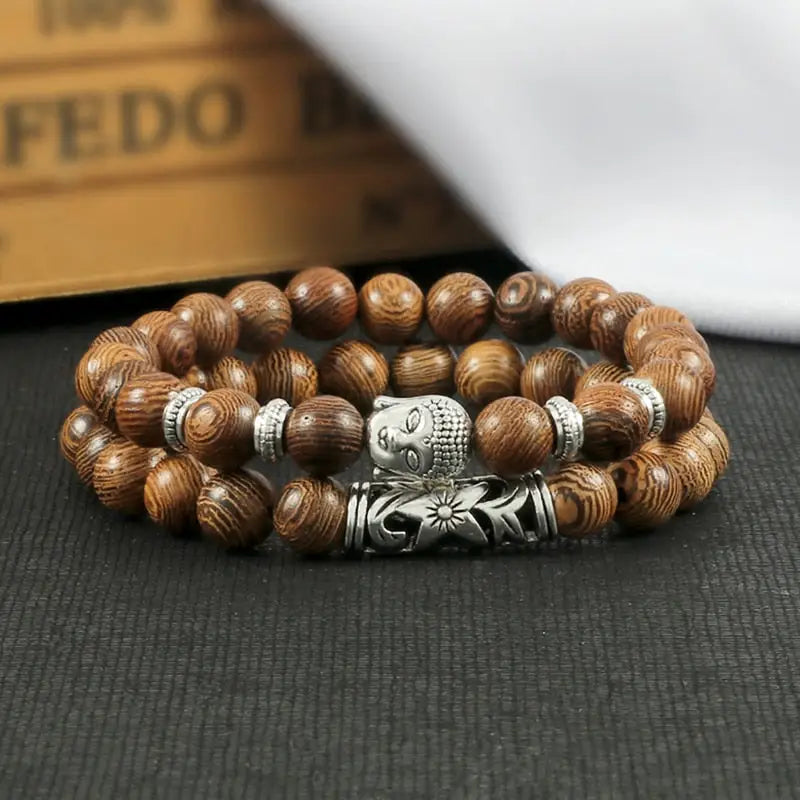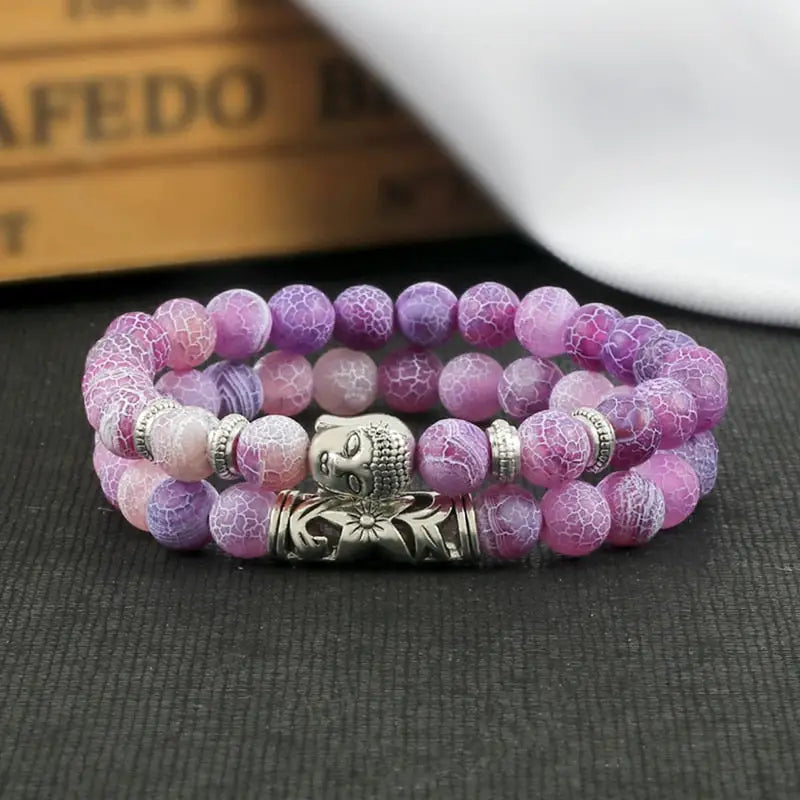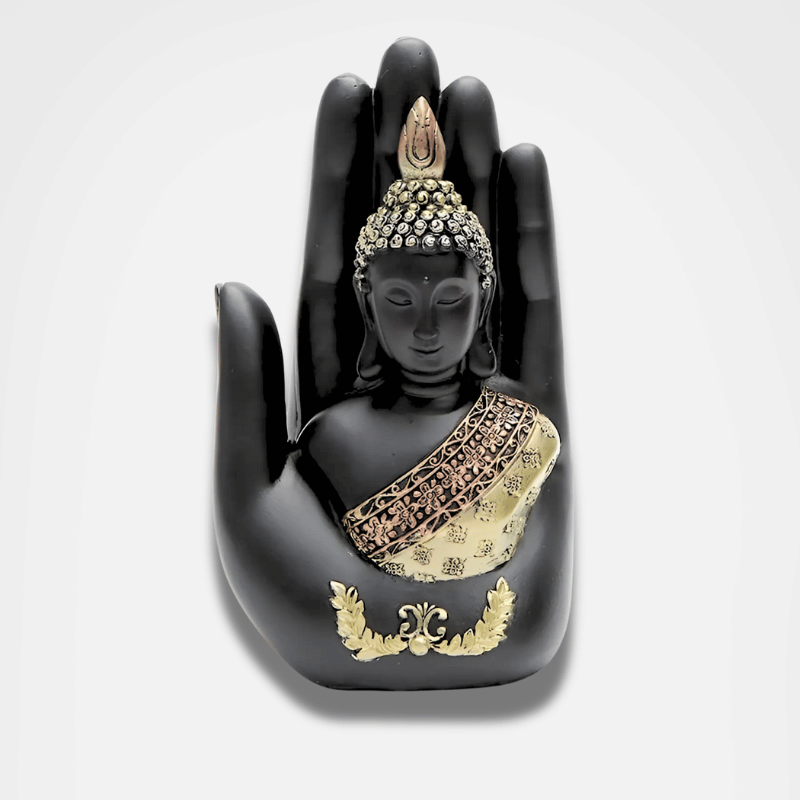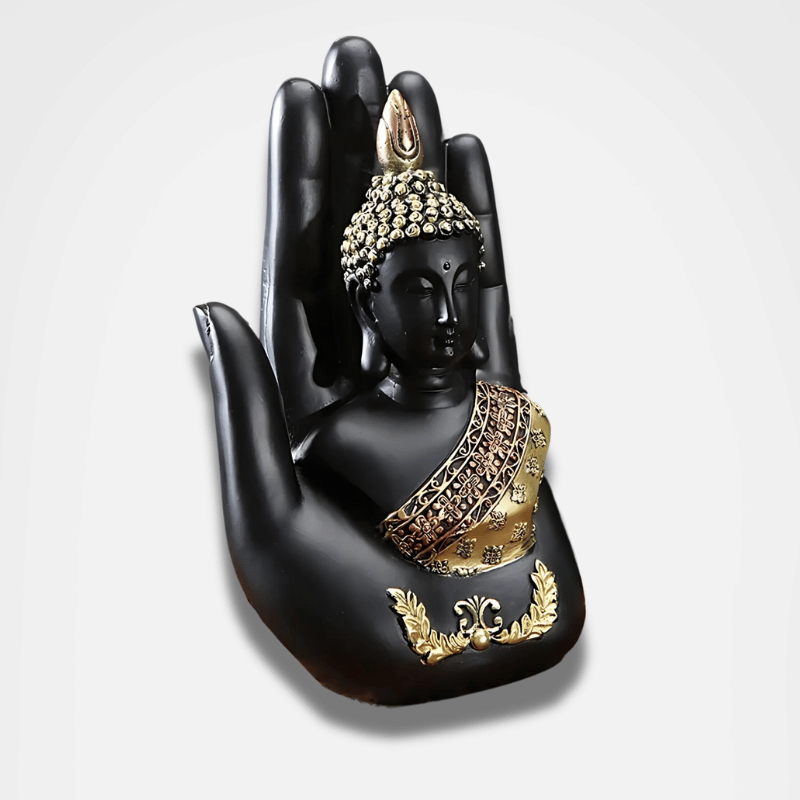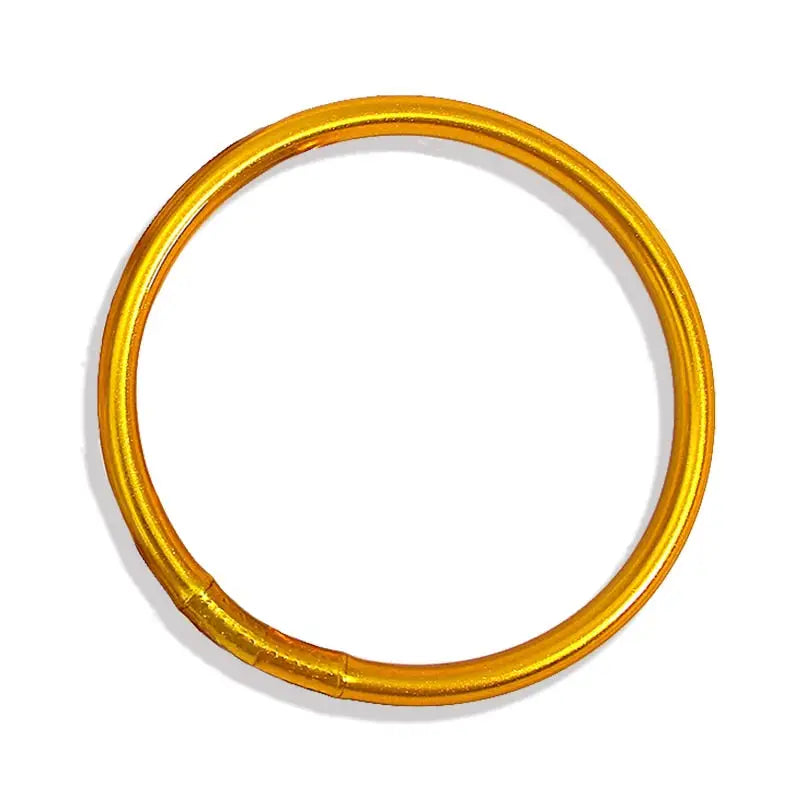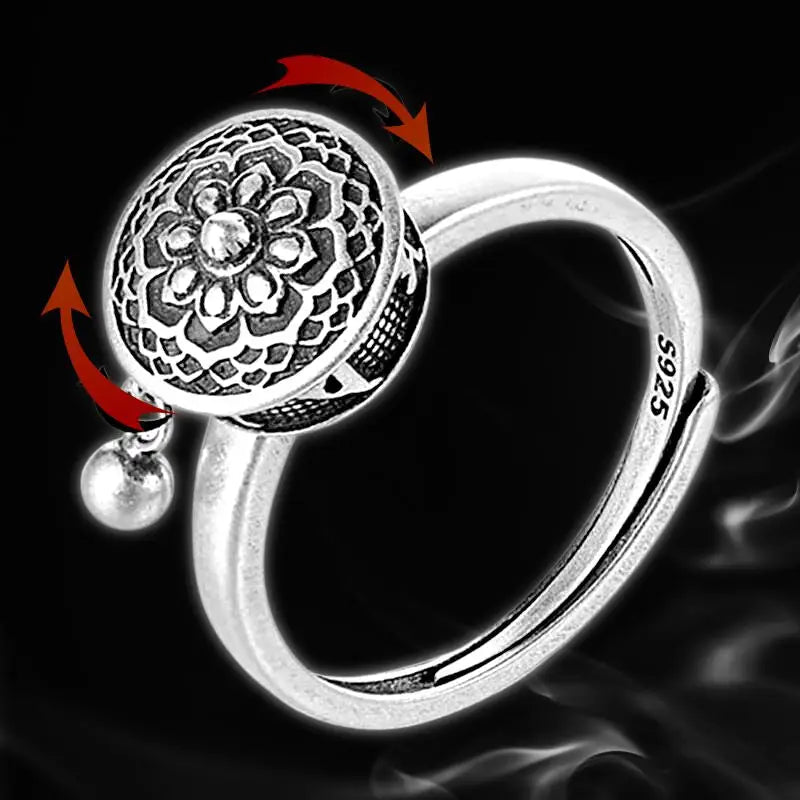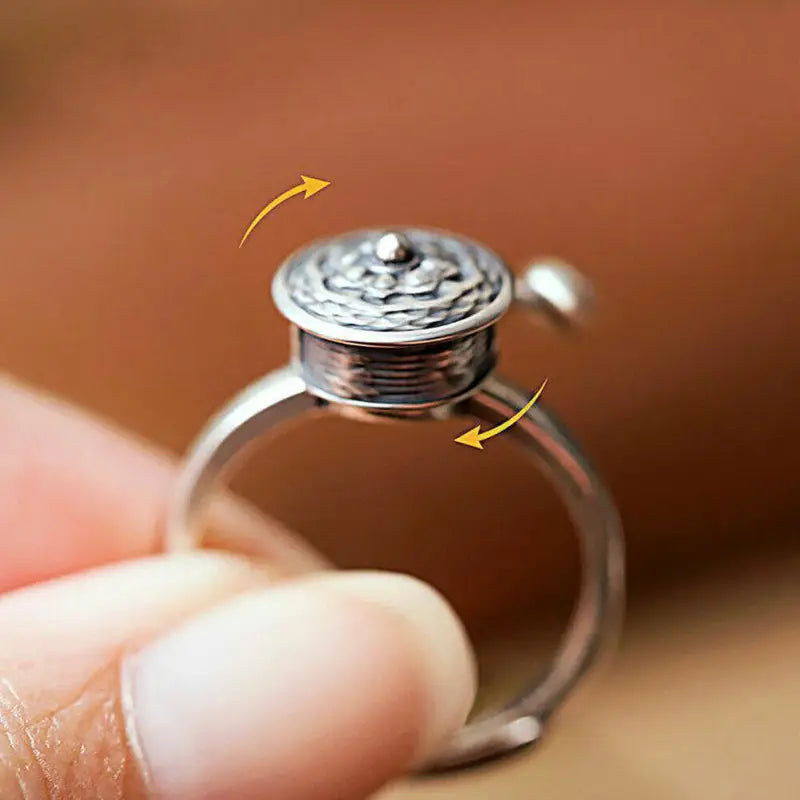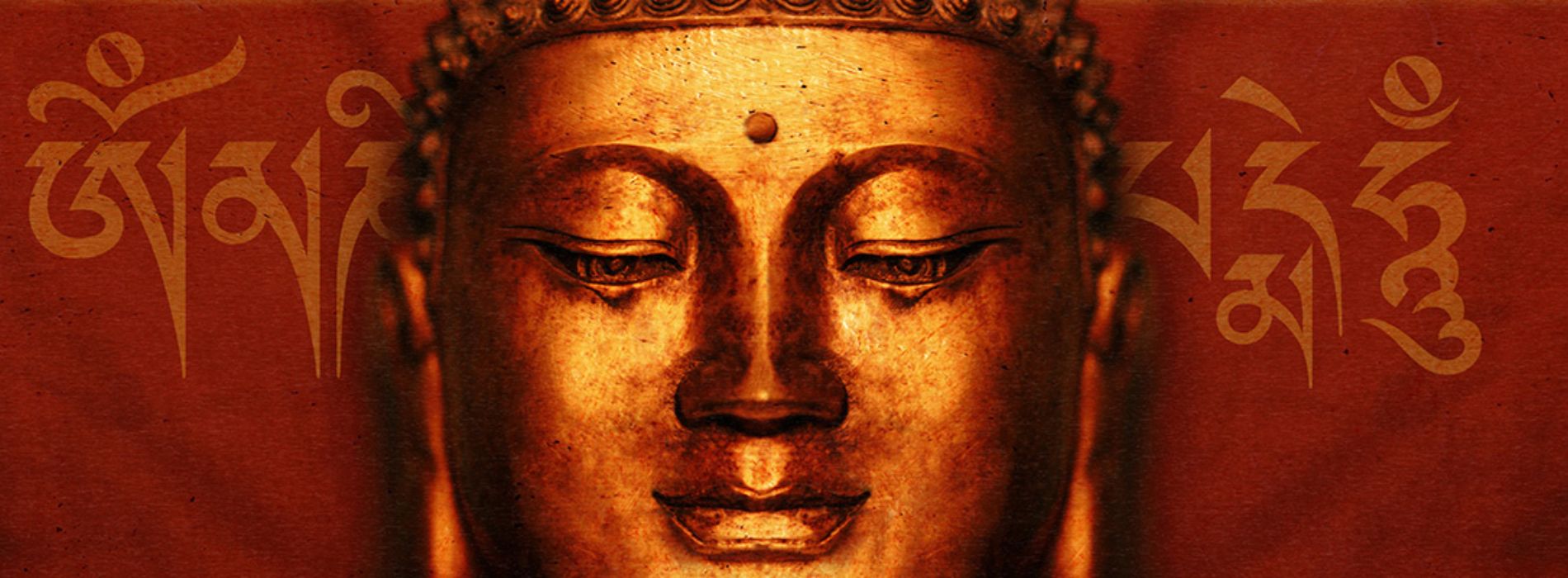Creating a sacred space: How to make a Buddhist altar
A Buddhist altar is much more than a simple arrangement of objects. It is a sacred space that reflects our devotion and aspiration to follow the path of Buddha.
1. Choose the ideal location
It is essential to find a peaceful place, preferably away from noise and hustle and bustle. The altar should be placed in a place where you can meditate without distractions.
2. Selection of basic elements
The Buddha statue is often in the center of the altar. It is surrounded by other elements such as candles, incense, flowers and sometimes images or statues of other deities or spiritual masters.
3. Arrangement of elements
The Buddha statue should be elevated, often on a pedestal or shelf. Other objects are arranged symmetrically or according to a particular meaning for the practitioner.
4. Traditional offerings
Buddhists often make offerings of water, food, incense, light (in the form of candles) and flowers on their altar. These offerings symbolize respect and devotion to the Buddha and Buddhist teachings.
5. Maintain cleanliness
The altar must be regularly cleaned and the offerings refreshed. This shows respect for the shrine and what it represents.
6. Personalize your altar
While there are traditional guidelines, feel free to add elements that have personal meaning to you, reflecting your own spiritual path.
7. Using the altar for meditation
An altar is not only decorative. Use it as a focal point for your daily meditations and as a reminder of your commitment to the Buddhist path.
Your personal Buddhist sanctuary
A Buddhist altar, although simple in appearance, is a powerful reflection of an individual's devotion and commitment to the path of the Buddha. By creating and maintaining it with care, it becomes a valuable tool for spiritual practice.
Common Questions About Creating a Buddhist Altar
1. Do I have to be Buddhist to have an altar?
No, everyone can have an altar. It is a space for meditation and reflection that can be adapted to any belief or tradition.
2. Can we use personal items on the altar?
Absolutely. Any item that has spiritual meaning to you can be added to your altar.
3. Are there strict rules on what can or cannot be placed on a Buddhist altar?
Although there are traditional guidelines, the most important is the intention behind each object and how it helps you in your practice.
4. How long should I meditate at my altar?
There is no fixed time. Meditate for as long as you like, whether it's a few minutes or an hour.
5. How can I integrate the altar into my daily routine?
By making meditation or prayer a daily habit, the altar naturally becomes an integral part of your life. p>

